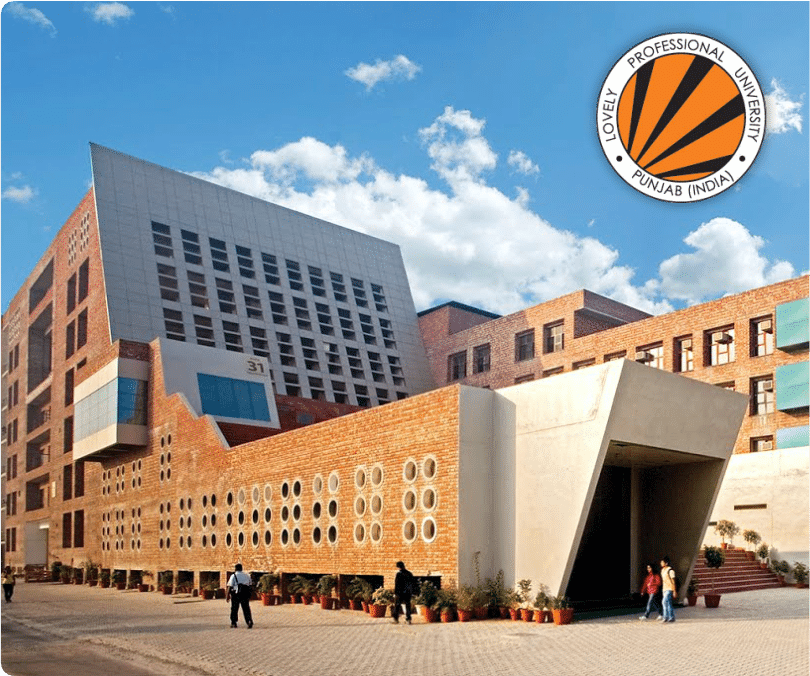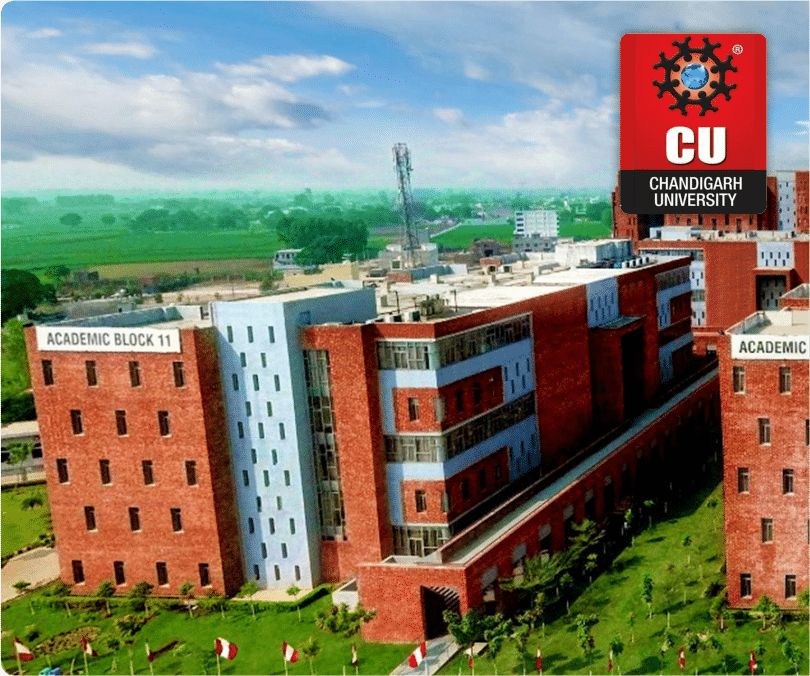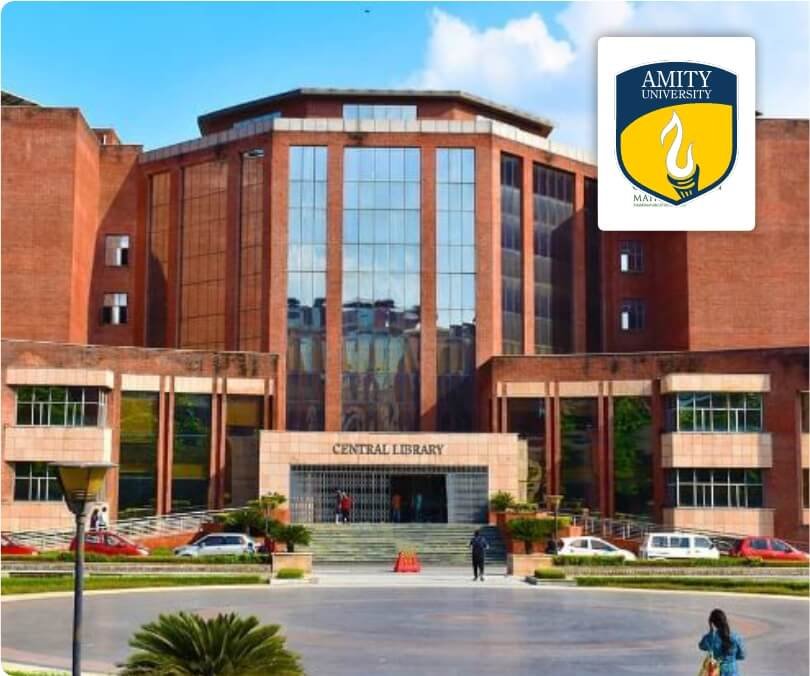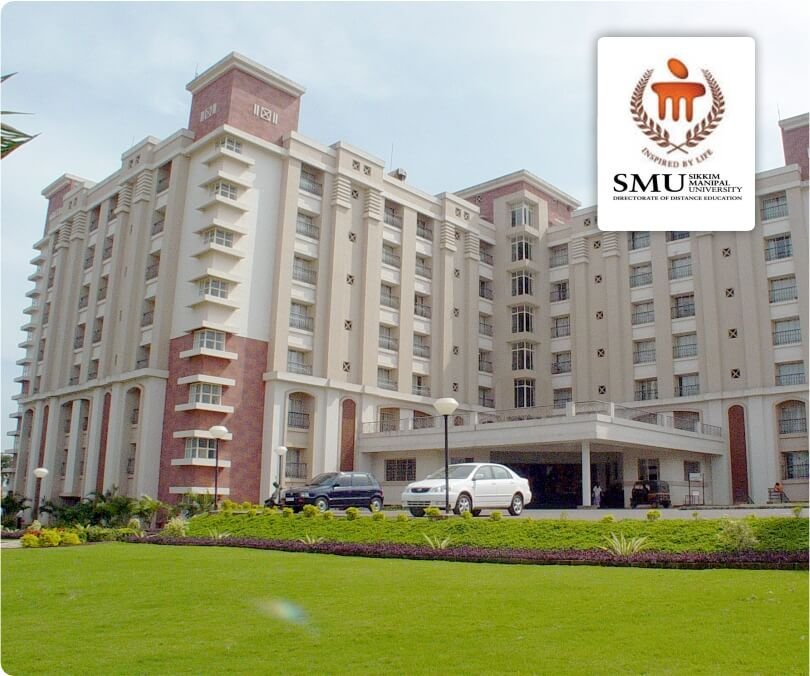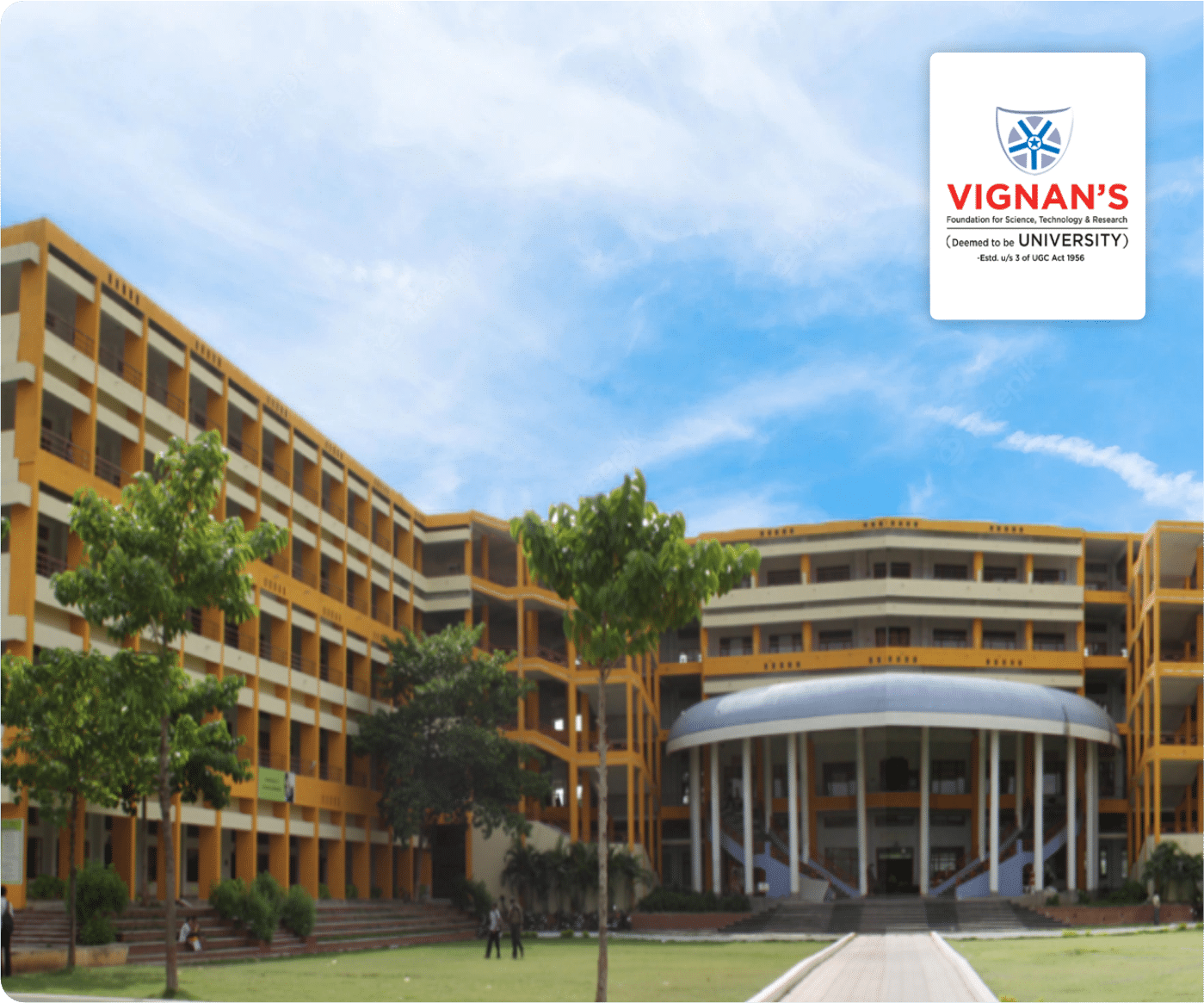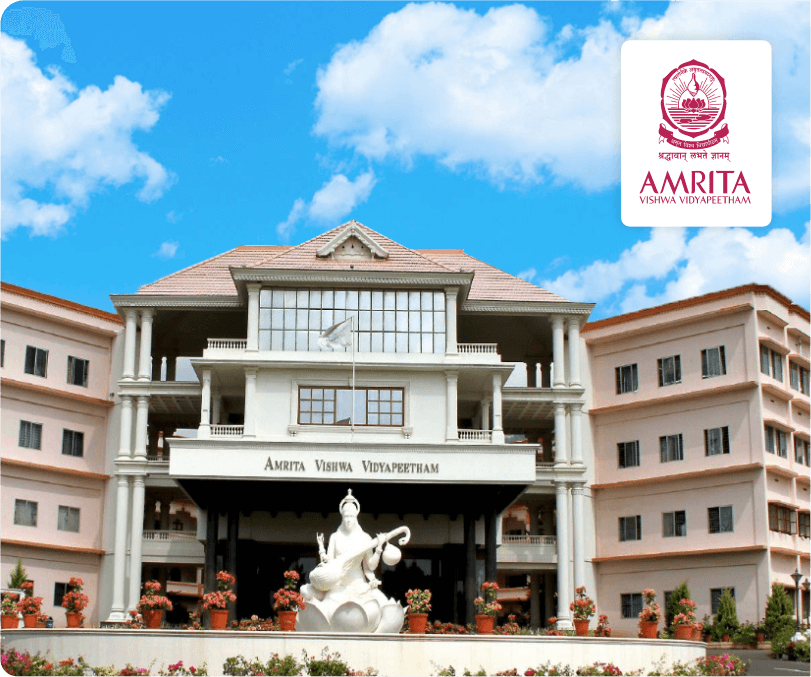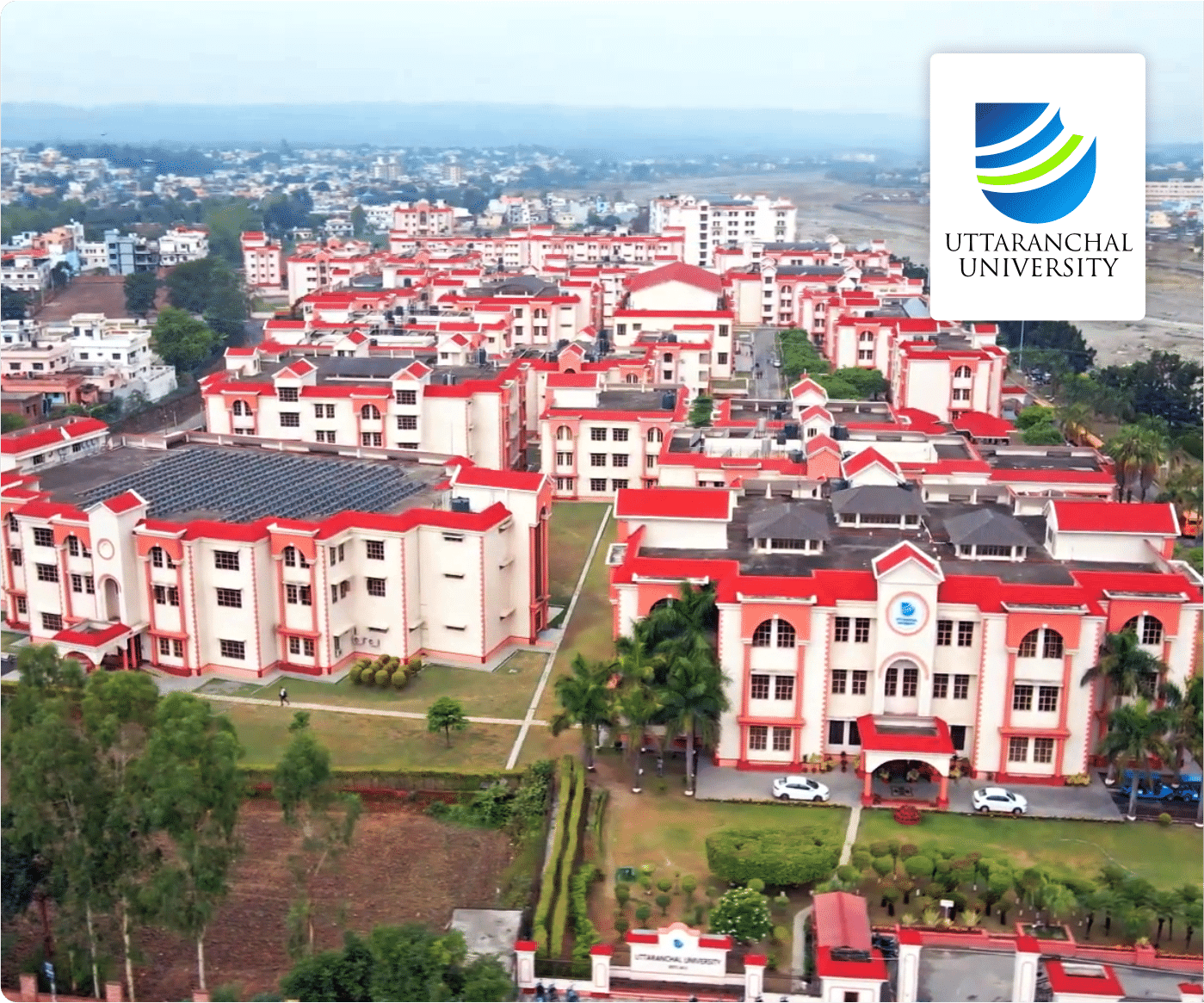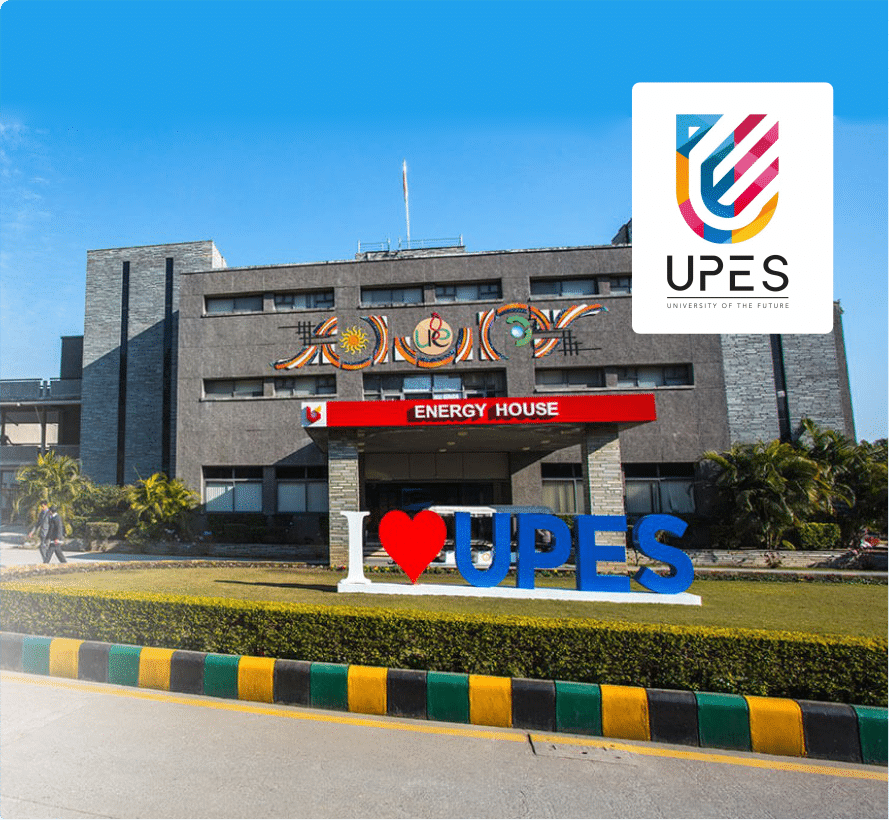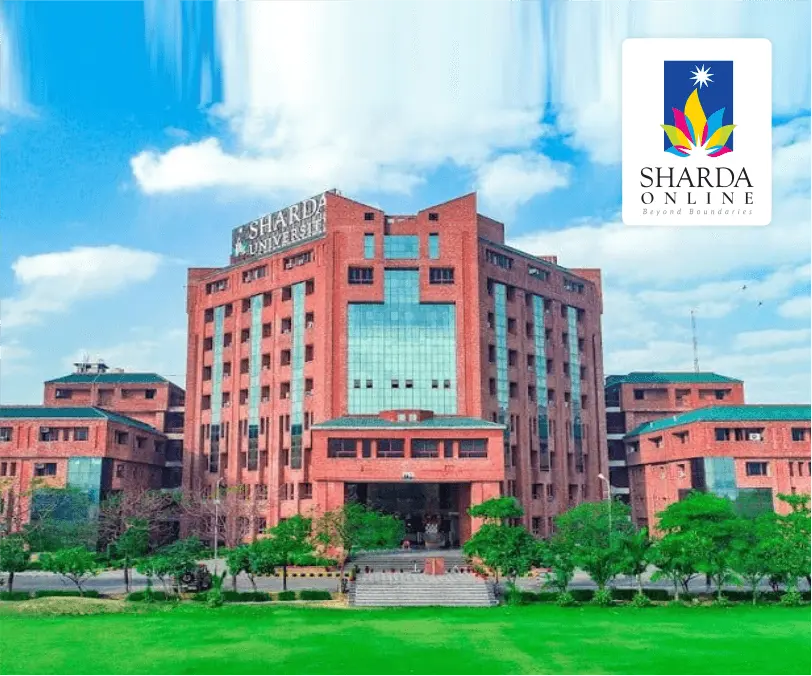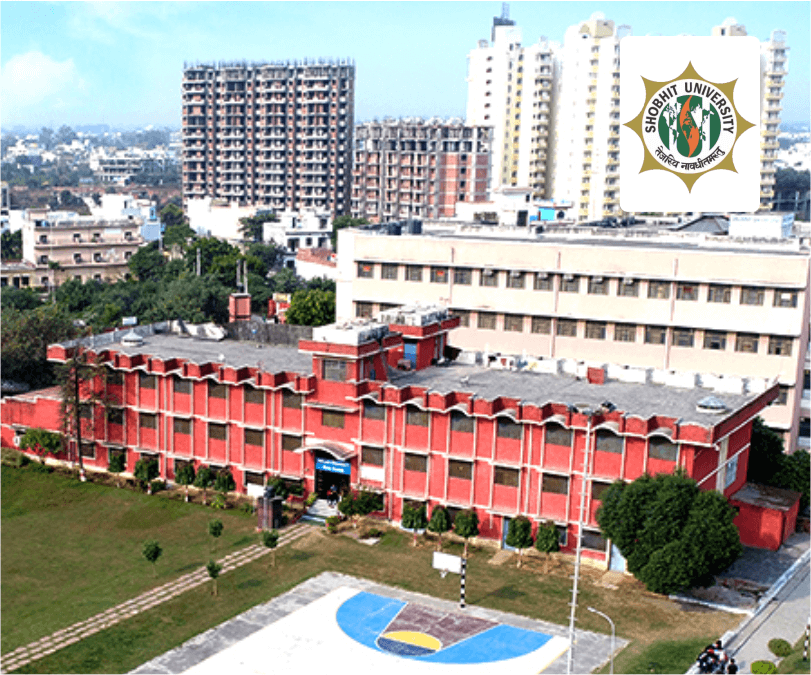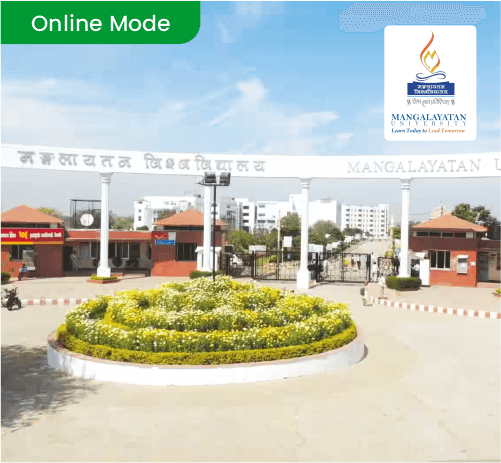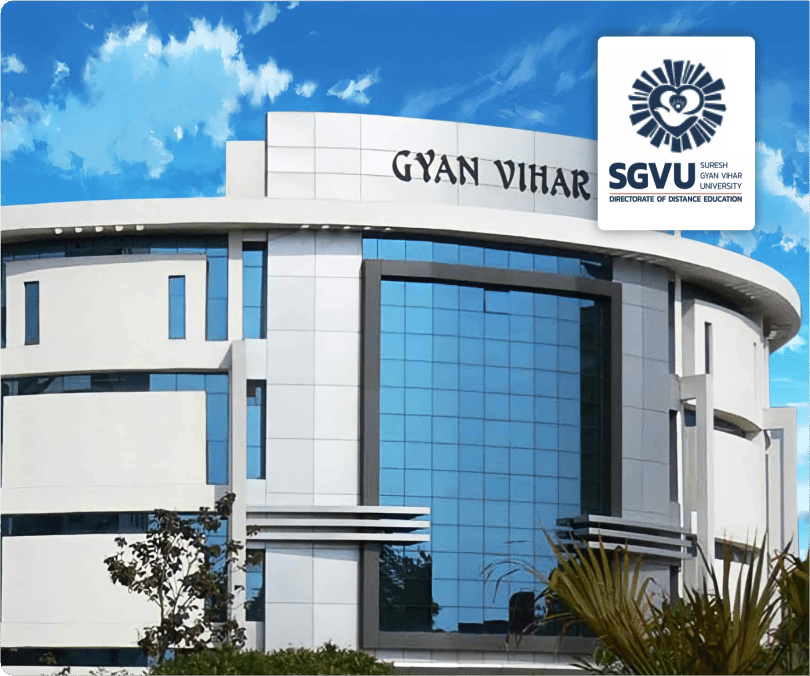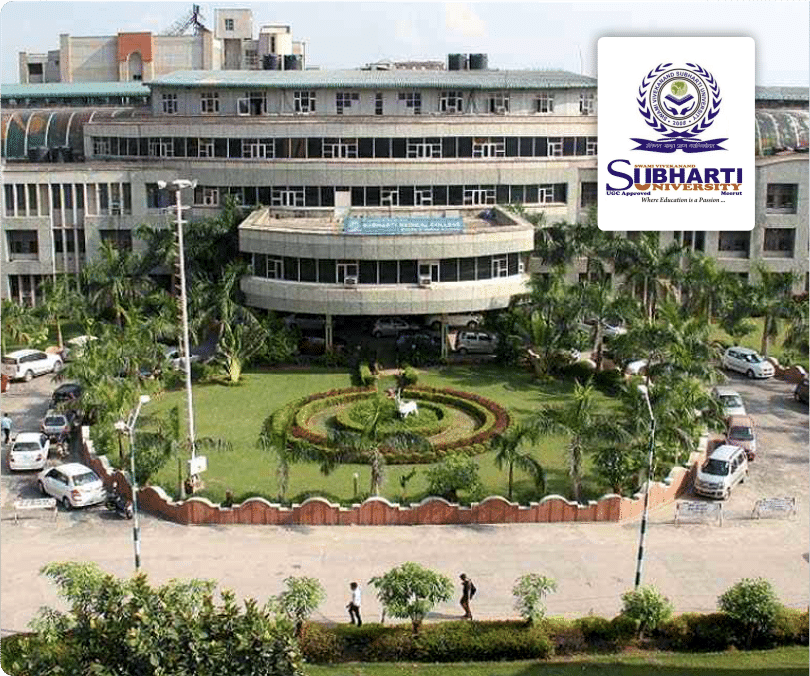
Is an MBA Worth it After BTech in 2025? (Complete Guide)
Online MBA Universities In Mumbai, Today, having a Master of Business Administration (MBA) is really helpful for moving up in your job. But sometimes, it’s hard to do a regular MBA because of a busy schedule or if you live far away. Luckily, there’s another option – online MBA programs. They are flexible and let you study from anywhere without losing the quality of education.
If you live in Mumbai, which is a busy city in India, you have many choices for MBA from distance education. This blog will talk about the top 6 online/distance MBA universities in Mumbai. We’ll give you useful information to help you decide which one is best for you. We’ll cover things like who can apply, what to think about when choosing a program, popular subjects to study, and what kind of jobs you might get after finishing your online MBA degree. This way, you’ll have all the info you need to pick the right distance education MBA for your education.
Why BTech Graduates Consider MBA?
Many engineers choose an MBA to move beyond technical roles. A BTech degree builds strong problem-solving and technical skills, but it often lacks managerial exposure. An MBA helps bridge this gap by opening doors to leadership and decision-making positions.
It also creates better career growth opportunities in fields like consulting, finance, and operations. Another major reason is the promise of higher salary packages and better job security compared to purely technical jobs.
Finally, for those with entrepreneurial ambitions, an MBA provides the business knowledge and network needed to start and grow their own ventures.
Advantages of an MBA After BTech
An MBA adds a strong edge to a BTech degree by combining technical expertise with management skills. The biggest advantage is career advancement, as engineers can move into leadership and decision-making roles. It also offers high salary packages, often much higher than core engineering jobs.
Graduates get access to diverse career opportunities in consulting, finance, marketing, analytics, and operations. Another key benefit is networking opportunities, since MBA programs connect students with industry leaders, peers, and alumni. Finally, it develops entrepreneurship skills, helping BTech graduates start and scale their own businesses.
Disadvantages of an MBA After BTech
While an MBA offers many benefits, it also comes with challenges. The most common drawback is the high cost of programs, which can be a burden for many students. An MBA also requires a big-time commitment, usually 1–2 years of full-time study, which means pausing career growth during that period.
Another disadvantage is the risk of leaving a stable job, especially for working professionals who already have decent roles after BTech. Lastly, there is tough competition for top B-schools, and not everyone gets into premier institutes where the return on investment is the highest.
Related Article: Is a Distance MBA Worth It for Freshers in 2025?
Salary & Earning Potential After Doing an MBA
The average salary after an MBA post BTech in India ranges between ₹8 LPA to ₹25 LPA, depending on specialization, institute, and industry. Top IIM or global B-school graduates can even earn beyond ₹30–40 LPA. In comparison, most fresh BTech graduates start with salaries of ₹3 LPA to ₹6 LPA in core engineering jobs.
What is the Salary of an MBA after BTech?
It usually starts around ₹8 LPA and can rise significantly with experience and institute reputation.
Who Earns More, BTech or MBA?
On average, MBA graduates earn much more than BTech graduates due to access to managerial and high-demand roles.
MBA for Computer Science/IT Graduates
Many Computer Science and IT engineers pursue an MBA to move beyond coding roles and step into management or product-based careers. An MBA helps them blend technical expertise with business strategy, making them valuable for leadership roles in tech-driven companies.
The best MBA specializations for CS engineers include:
- MBA in Information Technology: For IT projects and systems management.
- MBA in Business Analytics: for data-driven decision-making.
- MBA in Product Management: for tech product leadership.
- MBA in Operations or Strategy: for managing large-scale processes in IT firms.
Is an MBA worth it after a BTech in Computer Science?
Yes, it is worth it if you aim for leadership, consulting, or product roles rather than staying in purely technical jobs.
Can We Pursue an MBA After a BTech in CSE?
Yes, after completing a BTech in CSE, you can apply for an MBA in any specialization, provided you meet the eligibility and entrance exam requirements.
Career Scope After MBA Post BTech
After completing an MBA post BTech, engineers can transition into high-demand managerial roles, including:
- Project Manager: Overseeing projects, timelines, and teams in industries like IT, construction, and finance.
- Product Manager: Leading the development of products from concept to launch, especially in tech and consumer goods.
- Consultant: Advising companies on business strategies, process improvements, and technology implementation.
- Business Analyst: Analyzing data to help companies make informed business decisions, common in IT, finance, and retail.
Salary Packages of MBA Graduates
- In India, salaries range from ₹10 LPA to ₹25 LPA, with top roles like Product Manager or Consultant reaching up to ₹30–35 LPA at leading companies.
- Internationally, salaries can go beyond $80,000 to $150,000 per year, especially in tech giants or consulting firms in the US, UK, or Europe.
Alternatives to MBA After BTech
If an MBA isn’t the right fit, there are other valuable alternatives that can boost your career:
- MTech/MS: If you want to deepen your technical expertise, MTech or MS in specialized fields like AI, Data Science, or Cybersecurity can lead to research roles, higher technical positions, and academic careers.
- Specialized Certifications: Certifications like PMP (Project Management Professional), CFA (Chartered Financial Analyst), or AWS Certified Solutions Architect can help you develop niche skills in areas like finance, project management, and cloud computing.
- Executive Programs: Short-term, intensive programs in fields like data analytics, digital marketing, or business strategy from top institutions (IIMs, ISB) offer targeted skills without the long commitment of a full MBA.
How to Decide If an MBA is Worth It?
Deciding whether to pursue an MBA after BTech depends on your career aspirations and resources. Consider these factors:
ROI Analysis
Calculate the return on investment by comparing the cost of the MBA (fees, time, opportunity cost) with the potential increase in salary and career opportunities. If the salary boost and career advancement align with your financial and professional goals, an MBA can be a worthwhile investment.
Career Goals Checklist
Ask yourself if an MBA aligns with your long-term career objectives. Are you aiming for leadership roles, switching industries, or starting your own business? If yes, an MBA can provide the necessary skills and network.
Self-Assessment of Technical vs Managerial Interest
Reflect on your career interests. Do you prefer hands-on technical work, or are you more inclined toward managing teams, making strategic decisions, and overseeing business operations? If you lean toward management, an MBA can help bridge the gap between technical expertise and leadership.
Conclusion
In conclusion, pursuing an MBA after BTech can be highly valuable if it aligns with your career goals. It opens doors to higher salaries, diverse roles in leadership and management, and a broader career scope. However, it requires a significant investment of time and money.
If you’re seeking to transition into managerial roles, explore entrepreneurship, or gain a competitive edge in your career, an MBA is definitely worth considering. Ultimately, it’s most beneficial when it complements your long-term professional aspirations.
Frequently Asked Questions (FAQ’s)
Is an MBA better than MTech after BTech?
It depends on your career goals. If you’re interested in deepening your technical expertise, MTech is the right choice. However, if you aim for managerial or leadership roles, an MBA is better suited.
What is the salary difference between BTech and MBA graduates?
BTech graduates typically earn ₹3 LPA to ₹6 LPA, while MBA graduates can start from ₹8 LPA and go up to ₹30 LPA or more, depending on the specialization and institute.
Can I do an MBA immediately after BTech without work experience?
Yes, you can pursue an MBA right after BTech. While work experience is preferred for top institutes, many colleges accept fresh graduates for MBA programs.
Which is the best MBA specialization for engineers?
The best specializations for engineers include MBA in Information Technology, MBA in Business Analytics, and MBA in Operations. These align well with engineering backgrounds and offer career growth in tech industries.
Is an MBA necessary for entrepreneurship after BTech?
An MBA is not mandatory for entrepreneurship, but it can provide valuable skills in business management, strategy, and networking, making it easier to launch and scale your business.
Most Popular Blogs

Why Choose Uniraj University Top Distance Education Courses & Benefits

Nalanda Open University MCA Course Admissions 2025

Pros and Cons of Distance MBA in 2025: Comprehensive Guide

Odisha State Open University Sambalpur – Courses, Fees, and Admissions 2025
Dibrugarh University Distance Education Admission 2025



